via NUVO.net
NUVO: How was your show last night? How did they treat you in Indy?Justin Hayward: Very good, lovely. I enjoyed it.NUVO: Anything in particular?
Hayward: Loved it, good building, been there before, really enjoyable. The crowd seemed to really like it, they were really up for it.
NUVO: I wrote down one of the first things I wrote down when I found out that I would be talking to you was that years ago you were in Indianapolis and you played with the Carmel Symphony which my mother was in -- she was a flautist and performed with you all.
Hayward: Oh good, well thank you. My best regards to your mum.
NUVO: So you're touring of 45th anniversary of Days of Future Past, a concept album. If you could talk to me a bit abouthow the concept album has changed in the 45 years since this release -- and tell me about a few of your favorite concept albums.
Hayward: Well, I'm not sure that we realized we were making a concept album at the time, but I suppose there was one album, well actually two albums that we liked quite a lot. Which were, Holst's The Planets Suites and we only got into that because Holst lived next door to Mike Pinder, our keyboard player at the time. I mean, he was dead at the time, but there was a plaque on the wall next to the little one room that Mike Pinder, our keyboard player, was living in at the time in this lovely house in Barnes in West London. That Planets Suites was sort of the original concept album. Then there was another album called The Zodiac by a group of session guys in Los Angeles called Cosmic Sands. That influenced us quite a bit. I'm not quite sure if that was before the Days of Future Past or after, but it was around the same time.
I think what happened to concept albums after that was that they turned into musicals. People took that idea and I think the first to do that was Pete Townshend who is always giving us credit for . He liked our earlier albums and he always told me that he liked the whole idea and then when it came to Tommy he was the first one to really make the whole concept into a visual show as well. So that's what happened to the concept album. It turned into a musical.
NUVO: If you would talk about the re-mastering that you did of your back catalog; what was the experience of going back through everything from the past?
Hayward: Well, that was absolutely great, and I had to go back to the original vinyl masters when I eventually found them, because I found that the original transfer into the digital domain was quite bad. It was a rush to go digitally in the early ages. In doing that, people were very careless, they just wanted to get products, CD products out, because cd's happened so quickly, within, you know, a couple of months. It was a rush to get stuff in the shops. And those masters continued to be used for you know, 20 or 30 years. When I listened to them against the vinyl master, they were not in the same league really; they'd been done very badly.
So I was able to go back to the vinyl masters and when I did, you know, it was like hearing the albums for the first time. And at the same time as the re-mastering, I did the 5.1 surround sound version of Days of Future Past and I was fortunate enough to find a quad version that had been done by Derrick Varnell and Tony Clarke, our engineers at the time. I was able to use that and my overwhelming reaction was that how the hell did we do this? You know, it was a big work and we used to record these albums in like a week or so. I just couldn't believe how we'd done it as relatively young guys; I was only nineteen when I wrote "Nights in White Satin." You know, it's like it happened to a different person. The re-mastering was certainly enlightening and very enjoyable and I'm very glad that I did it.
NUVO: I have to ask, how did you write that song at nineteen?
Hayward: Well, I was at the end of a big love affair and at the beginning of another and the thing is, when you're nineteen, that's all you have in life. I had a guitar and two love affairs. That's about it. So, I came back from a gig one night and I sat on the side of the bed and I was sharing a room with my new girlfriend and I just sat down and wrote that song in the middle of the night. It didn't really make sense until I took it into the rehearsal room the next day and the other guys, you know, played in it, and we had an instrument called the mellotron and Mike played that line, "da-da-da-du-da-da-da" and then it started to make sense as a possible recording. It started out as a small song and then ended up as a big recording.
NUVO: I read that you bought mellotrons and left them all over the world because that was easier than lugging them around. How much of a bother is moving in a Moody Blues production in 2012?
Hayward: Well, nowadays, when we worked with Tony Visconti in the '80s, he sampled all of our original mellotrons and that was a great thing to do, because we're still using those samples now. You know what sampling is, don't you?
NUVO: Yes, I do, I do.

